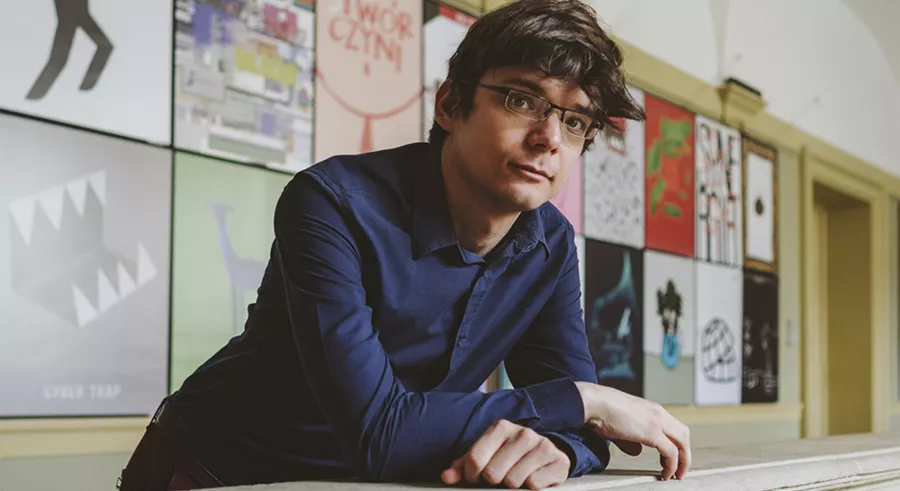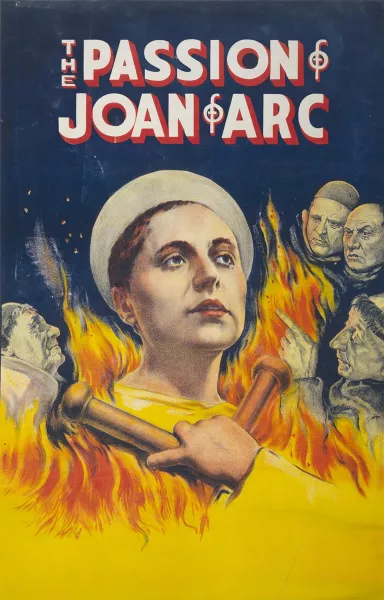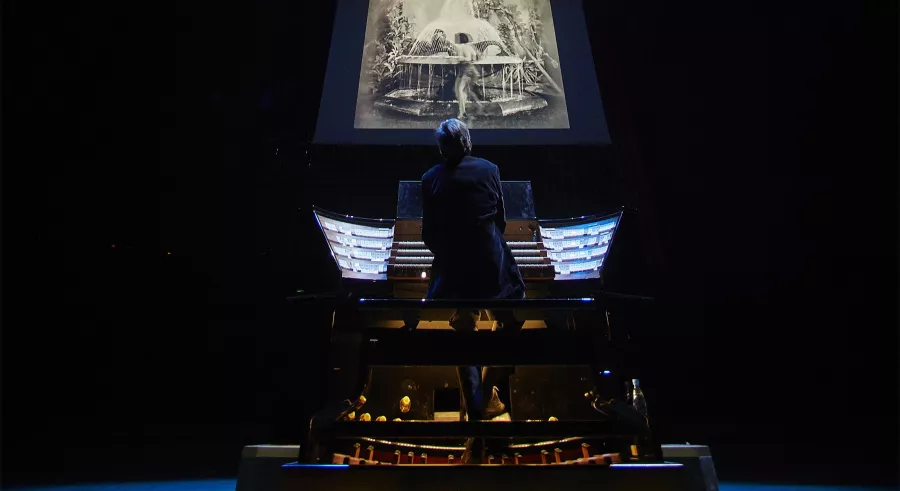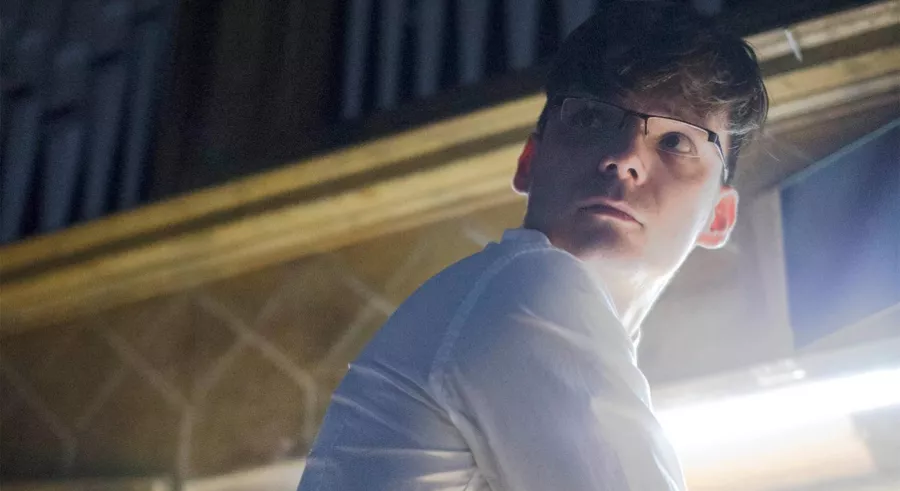Start a conversation about the performance or encourage reflection, using these questions as inspiration.
The Passion of Joan of Arc, directed by Carl Theodor Dreyer in 1928, reimagines the final hours prior to Joan's fateful trial. In a New York Times review in 1929, Maria Falconetti's performance was lauded as "[rising] above everything in this artistic achievement."
- How do you imagine Falconetti’s portrayal of Joan influenced cinema and beyond?
- How did Falconetti convey such a vivid performance without language? What forms of nonverbal communication might an actor have to rely upon in silent film?
- How could Falconetti's portrayal of Joan of Arc be analyzed through a feminist framework?
This silent film features live accompaniment from renowned organist and improviser Dr. Filip Presseisen. Presseisen is head of the Instrumental Department at the Archdiocesan School of Music in Krakow, Poland, and won the 2015 International Cinema Organ Competition and Feliks Nowowiejski International Organ Competition.
- How might improvisation for a tragedy differ from that for a comedic film?
- What could be the unique challenges or advantages of improvising on a concert hall organ, such as Northrop’s expansive Aeolian-Skinner pipe organ?
Dreyer’s surrealist artistic vision and Falconetti’s expressive performance create vivid historical fiction about the death of nineteen-year-old Joan of Arc. Joan lived in medieval France and fought the British in the Hundred Years’ War after believing God had chosen her to lead the fight (she was later canonized as the patron saint of France).
- How does art affect our perception of memory?
- How does the film balance historical accuracy with artistic license?
- In what ways does this film reflect European society in the early 20th century rather than the 15th century?
- What effect does medieval symbolism have on audiences in 2024?













